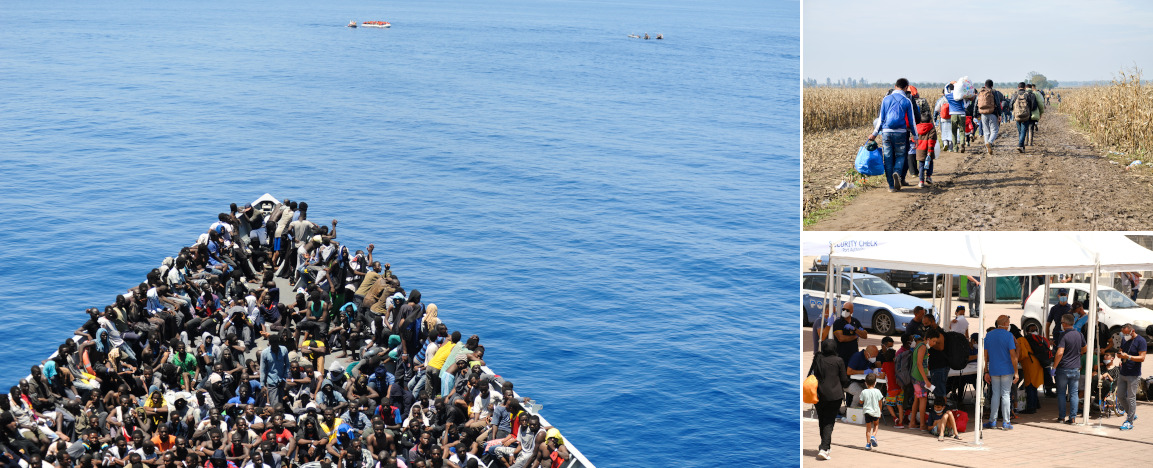Newly arrived migrants at EU borders regularly provide valuable information, such as smuggling routes, modus operandi and roles and responsibilities within OCGs to different national authorities, as well as to EU agencies, NGOs and other organisations. However, the legal validity of the information obtained, as well as its judicial use in criminal proceedings, varies significantly across EU Member States. Eurojust’s booklet, Migrant Smuggling In Focus, presents an overview of the use and legal nature in judicial proceedings of statements obtained from debriefed migrants at EU external borders, according to the legal frameworks of EU Member States, as well as those in countries with which Eurojust has a cooperation agreement. The booklet lays out best practices and experiences in the field, with the aim of improving judicial cooperation in the fight against migrant smuggling.
The analysis finds that a few countries consider the legal nature of migrants’ statements as intelligence, while others legally classify them as either evidence or intelligence, depending on the circumstances. Most countries do not have specific rules to regulate the collection of statements from migrants at external borders. The legal status of migrants giving statements on the spot immediately after disembarkation is not regulated in a uniform way across the European Union. The main legal qualifications of such migrants are either as suspect or witness, with many countries adopting a mixed concept. In some countries, the status of ‘protected witness’ is a possibility, providing the information obtained from migrants is valuable for investigations against migrant smugglers. In these countries, simple statements from migrants that include general information are not considered admissible testimony in court.
On the basis of this European mapping, which highlights the considerable challenges and differences between countries, Eurojust recommends national authorities request Eurojust’s assistance when dealing with migrant smuggling cases, especially by setting up JITs between EU and non-EU countries.

